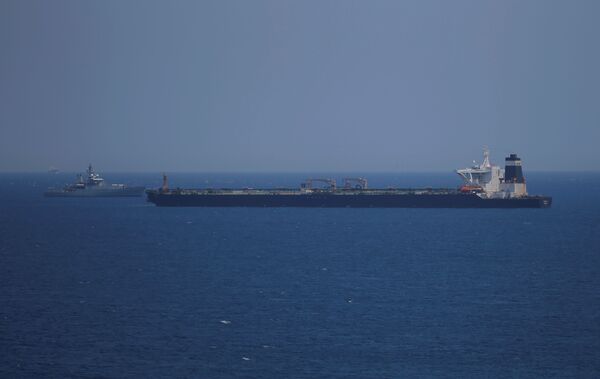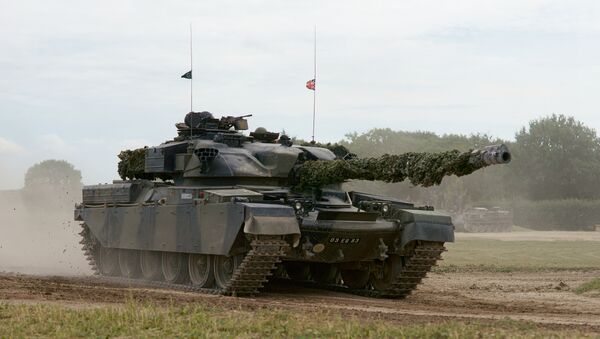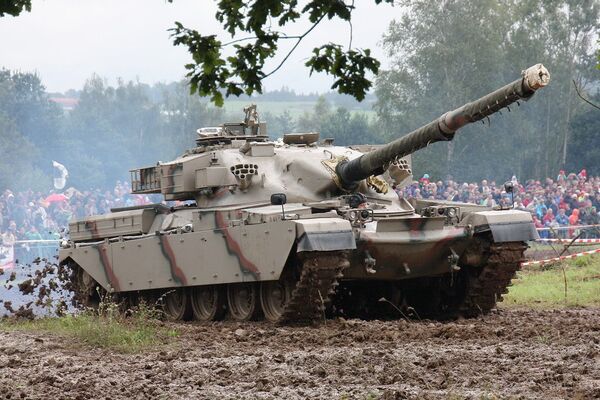Iranian Ambassador to the UK Hamid Baeidinejad has slammed a recent ruling by the High Court in London, declining Tehran's request for the country to pay part of the interest of a multimillion debt, and vowed to continue litigations.
"Iran disagrees with the UK court’s decision not to require the British company to pay part of the interest of its debt in the years of sanctions and will take the necessary legal action", he said.
Iran and the UK have been arguing about the exact sum London owes it under a botched military supply contract signed between the UK and the Iranian shah prior to the 1979 Islamic Revolution. State-owned British firm International Military Services were to supply around 1,500 Chieftain battle tanks and armoured vehicles to Iran under it, but the contract was scrapped in 1979.
In 2002, the UK government agreed in that it owed around £450 million ($557 million in today's prices) to Iran, but the sides failed to come to an agreement on the interest for this decades-old debt and have been trying to determine them via court.
Another stumbling block for the repayment of the debt is the fact that Iran has been subjected to international sanctions. Despite this, Boris Johnson, then Foreign Secretary and current Prime Minister, vowed in February 2018 that his country would repay the debt to Iran, but no progress on that matter has been made since.
The ruling comes amid a difficult period in British-Iranian relations, which remain strained after British authorities in Gibraltar arrested the tanker Grace 1, carrying Iranian oil, and some of its crew on 4 July on suspicions that it was sailing for Syria in violation of EU sanctions against the country.

Tehran denies that the tanker was going to Syria and accused the UK of endangering trade and the freedom of navigation with the illegal arrest of the tanker. The Islamic Republic demanded the release of the tanker and its crew, saying a British tanker might be seized otherwise.
The tensions between the two further escalated after Iran detained British tanker Stena Impero on 19 July over purported violations of maritime laws. The tanker ignored warnings, switched off its positioning device, and collided with an Iranian fishing boat. Tehran subsequently noted that the Stena Impero's arrest was not a "retaliation" for the Grace 1's detention.



